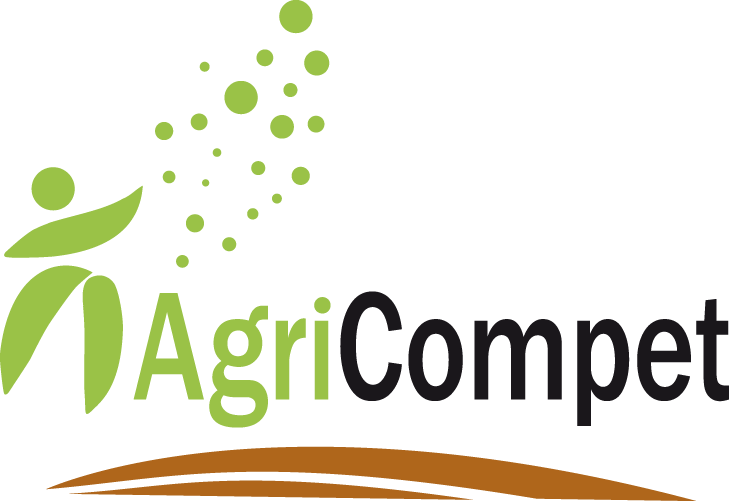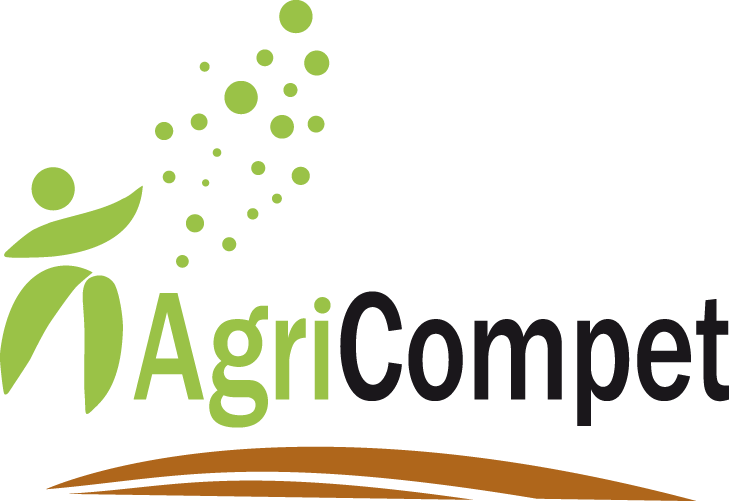From AGRICOMPET we present a summary of Deliverable 2.4 – Key challenges of GIs and their geographical brands in addressing agri-food sustainability. Relationship with eco-labels.
The deliverable D2.4 (Key challenges of GIs and their geographical brands in addressing agri-food sustainability. Relationship with eco-labels) focuses on how the two major EU Food Quality Schemes (FQS), i.e., Geographical Indications (GI) and Certified Organic Production (eco-labels), interact to help address the sustainability challenges in the agri-food sector, mainly in the winery sector.
Based on an original database with information from a survey of 140 wine GIs in Spain, France, Italy, and Greece, we found that GI decisions to adopt sustainable practices collectively are influenced by a combination of internal (mainly the values and beliefs of business owners) and external factors (regulatory compliance and stakeholder pressure), and barriers to the adoption of sustainable practices (lack of resources, management commitment, government support, consumer demand and concerns about greenwashing).
The exploratory of Certified Organic Production relies on a Spanish wine industry database of 10,827 wines. Our main findings are that eco-labelled wines are not prevalent in the market (less than 20% of wines) and as the stringency of the GI scheme increases, the proportion of eco-labelled wines decreases. Finally, although eco-labelled wine generally obtains higher expert scores, it is marketed at a lower price on average. This result suggests that the professionals “evaluate” the eco-labels more positively than the market.




Comments are closed